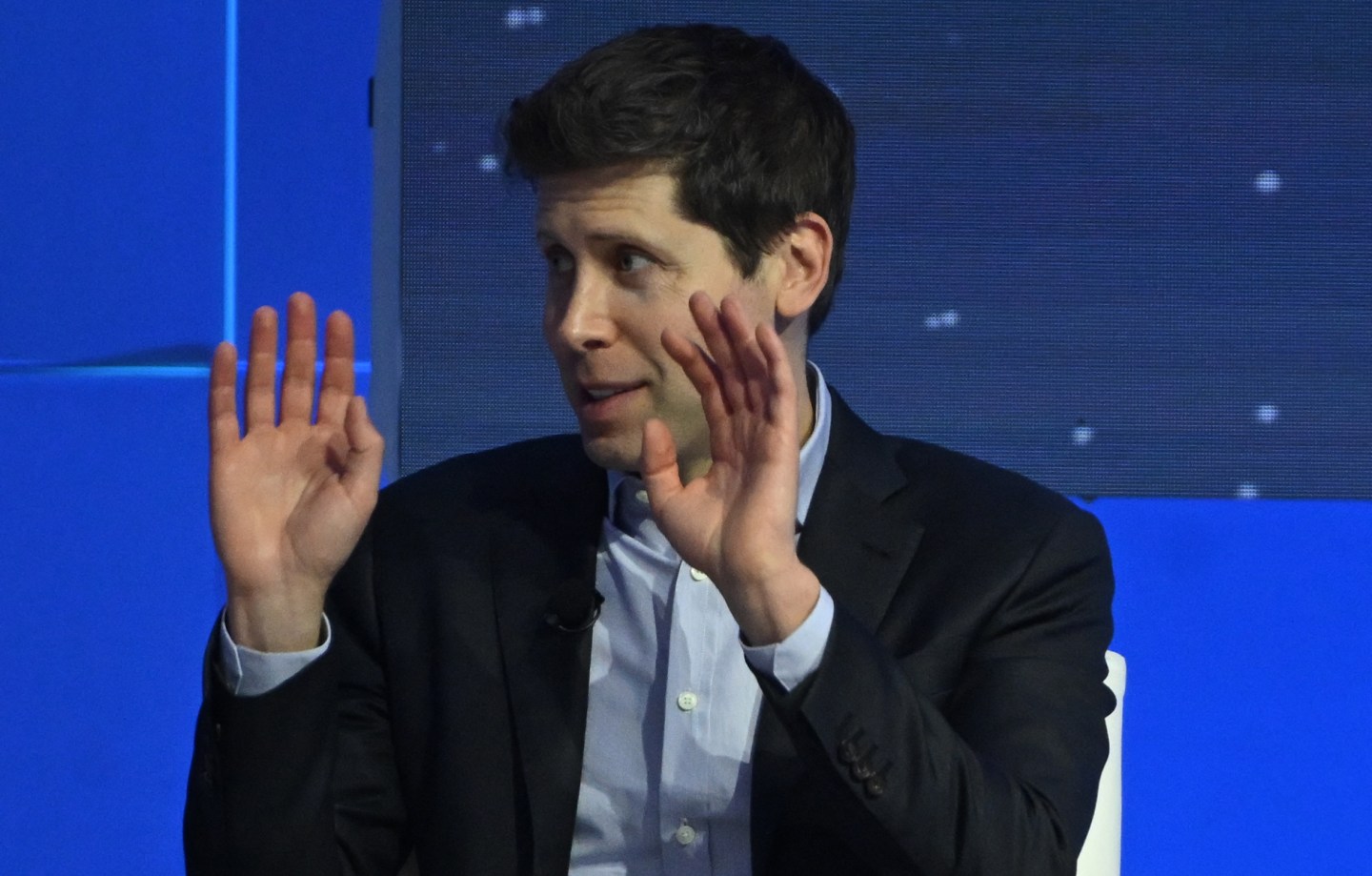Good morning!
Many talent solutions providers are rolling out AI recruiting tools to the market. One of the latest is Moonhub, which says it helps recruiters find candidates simply by conversing with its AI chatbot.
With Moonhub, recruiting teams can access over one billion candidate profiles from various sources, including LinkedIn, GitHub, and Stack Overflow. For comparison, LinkedIn has over 950 million members, and Indeed tracks over 350 million unique users each month. Moonhub doesn’t just source candidates open to work; recruiters can also poach talent who are not actively looking but may be open to interviews. Over 100 companies across industries, including biotech, real estate, and manufacturing, have joined Moonhub since its launch in January.
The startup announced earlier this month it had raised over $10 million in its seed round, backed by investors including Khosla Ventures, Alphabet’s GV, Day One Ventures, Marc Benioff’s Time Ventures, and former YouTube CEO Susan Wojcicki.
With the funding, Moonhub founder and CEO Nancy Xu, who recently spoke with Fortune for an interview, plans to grow her team, expand Moonhub’s offerings to support recruiters through the hiring process, and secure more clients. Xu says the startup is in talks with Fortune 500 companies to be their exclusive talent partner. That alone may give traditional recruiting firms and platforms a run for their money.
This interview has been edited and condensed for clarity.
Fortune: Tell me about your background and what led you to launch Moonhub.
Nancy Xu: Before founding Moonhub, when I was still a Ph.D. student at Stanford, I had built a recruiting agency helping my friends and startups here in the Bay Area hire early talent. Many friends would come to me to look for jobs, asking: What are the interesting opportunities out there? We realized many of them were a great fit for many opportunities; they just didn’t know what was out there.
A great recruiter should be able to help connect a large pool of talent with skills to the right opportunities. One of the things I didn’t realize, though, was everything was so manual. Recruiters join companies and agencies thinking they’ll spend all their time talking to candidates, as that’s what they’re passionate about. But what ends up happening is they spend 90% of their time in a dark room, typing away on their computers, trying to do a bunch of behind-the-scenes work. We want to build AI co-pilots to help people spend more time with candidates, helping people make important decisions about their careers.
How does Moonhub’s AI recruiter chatbot work?
I’ll start with the hiring and recruiting landscape today. Most companies currently use some external recruiting partner, whether a staffing agency, a boutique recruiting firm, or something else. These recruiters often take up to two weeks to start a search. They’re running back-and-forth candidate calibrations that take weeks, charging 30% of a hire’s first-year salary as a success fee. Moonhub combines the human touch with AI to build a more seamless process. Recruiting leaders who work with Moonhub can hire high-quality candidates two to three times faster, collaborate in that process, and have more control by using AI tools instead of flying blind and relying on recruiters. And they get to search in five minutes. That magic moment is when you can sit back and watch Netflix on a Friday night, open up Moonhub, and in five minutes, you’re finding candidates you love.
Your platform has over one billion candidate profiles on it. How did Moonhub source that data?
Our product is public data. We don’t look for any private data on an individual, and it’s aggregated across multiple data sources on the web. We currently have about one billion people profiles within Moonhub. Those profiles come from LinkedIn, GitHub, Google Scholar, Stack Overflow, CrunchBase, and other sources.
Many HR executives are concerned about AI bias, especially in recruiting. How are you addressing these concerns with your platform?
I think the biggest part of bias in the hiring process actually comes from human bias. We want to use AI as a way to mitigate human bias. An example of this is if you wanted to use most platforms to search for people, in your mind, you might be thinking, ‘I want someone who is a software engineer with a great career progression.’ But what ends up happening is we start to instill human bias in our search process, so we say instead, ‘They work at…’ and then you list the five companies you think highly of and the five universities you think are good. This is a really poor proxy for what you’re looking for. The cool thing about Moonhub is we make it so that you can more directly communicate what it is you’re looking for. And the AI will help you find profiles outside the scope of the five keywords you traditionally look for.
Paige McGlauflin
[email protected]
@paidion
Reporter's Notebook
The most compelling data, quotes, and insights from the field.
Boomers may be catching up with AI advancements faster than Gen Zers, argues Jared Spataro, corporate vice president of modern work and business applications at Microsoft. According to recent research from the tech giant, over 65% of Gen Z employees say they don’t currently possess the right skills to meet the demands of the AI era, compared to 50% of baby boomers.
The reason why, Spataro says, is because people think of AI as a search engine when they should view it as a direct report—a skill seasoned employees are far more likely to have than their younger colleagues.
Around the Table
A round-up of the most important HR headlines.
- JPMorgan plans to hire more fully remote call workers in Baltimore after those in Detroit performed better with customers than in-office workers. Bloomberg
- Amazon deleted a Slack channel created by employees to discuss the company’s controversial performance-improvement process. Insider
- In a new Stanford School of Health study, popular AI chatbots reinforced misconceptions that Black and white patients are biologically different, prompting questions about biased algorithms. AP
- The UAW president said the union will continue to strike despite a proposed wage hike of 23% across Detroit’s Big Three automakers and new contract offers from GM and Stellantis. Reuters
Watercooler
Everything you need to know from Fortune.
Work-life seesaw. Thasunda Brown Duckett, TIAA CEO and one of two Black women atop a Fortune 500 company, said she rejects the idea of work-life balance, calling it a “lie.” —Trey Williams
Return to sender. Amazon reportedly instructed managers to fire employees who continually ignore the company’s return-to-office policy.—Chloe Taylor
Time is money. A majority of U.K.-based employees surveyed by job board Indeed would take a pay cut in exchange for four-day workweeks. —Ryan Hogg
Even split. A new Gallup poll found that half of American workers prefer a structured 9-5 workday. The other half likes a blended workday in which they can transition between their personal and professional life. —Orianna Rosa Royle
This is the web version of CHRO Daily, a newsletter focusing on helping HR executives navigate the needs of the workplace. Sign up to get it delivered free to your inbox.













